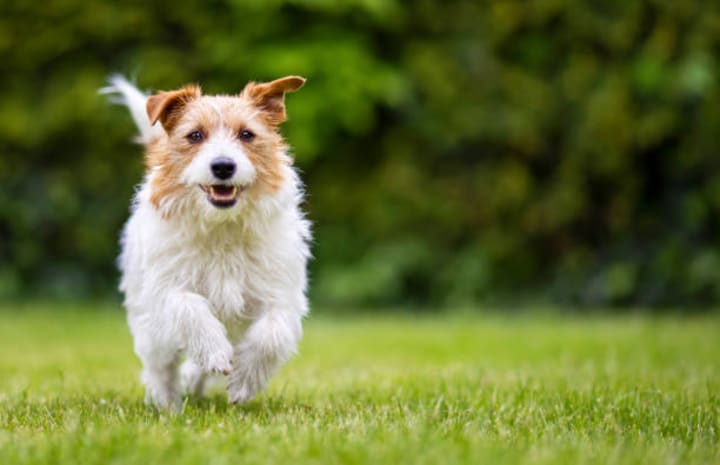Dogs Are Even More Like Us Than We Thought
What Do Dogs And Humans Have In Common?

Owners of dogs are probably not surprised by the growing research indicating frequently that a dog behaves more like a human than a dog. As dogs can read facial expressions, express jealousy, show empathy, and even watch TV.
They acquired these human-like characteristics during their evolution from wolves to domestic pets, which took place between 11,000 and 16,000 years ago, according to researchers.
According to Laurie Santos, head of the Yale Comparative Cognition Laboratory, "paying attention to us, getting along with us,and tolerating us" has resulted in special traits that frequently resemble our own.
Here are a few of the latest studies showing the human side of our canine companions.
Dogs Are Emotional

Dogs are able to both feel and express their emotions; they are able to interpret their owners' facial expressions and form opinions about others around them.
No, you did not read it wrong.Dogs have the ability to assess humans based on their actions.
Dogs are able to detect threats in people just like animals can in their immediate environment.Studies have shown that dogs can get aggressive with those who treat their owner badly.They typically avoid the individual altogether or choose to ignore them.
Dogs Dreaming

Dogs dream just like people do.Have you ever seen your dog jerk or whine while sleeping?When they are asleep, their brain waves resemble those of humans.They also dream.Smaller dogs, however, have longer dreams than larger canines.
They Follow Gazes

According to Lisa Wallis, a doctoral student at the Messerli Research Institute in Vienna, Austria, gaze following is instinctive for many animals, including humans, chimpanzees, goats, dolphins, and even the red-footed tortoise. This is because it alerts animals to everything from immediate threats to "a particularly tasty berry bush."
We've all noticed that our pets follow us around, fixating on us wherever we go. Dogs have demonstrated specific traits that indicate they watch their owners and pay attention to their activities.
They Are Jealous

Yes, despite how absurd it may sound, dogs do feel jealous.The dogs develop a possessive attitude toward their owners and don't even feel bad about it.
They detest being ignored by their owners and also become upset if another pet receives the attention intended for them, so you might see a different side of your dog in this situation. They simply transform into a green-eyed monster.
Dogs Are Not Color Blind

Although there is a common misconception that dogs only see in black and white, current research has shown that this is not the case.
Have you ever noticed your dog watching TV with you and thought, "Oh?"He may appear to be simply gazing at the TV, but in reality, he is observing the images, and the vibrant images fascinate them.
Dogs can see better at night than people can.
They Are Smart

Numerous researchers from all over the world have disproved the myth that dogs are daft and dumb.Many dog breeds are quite intelligent, and border collies are capable of understanding about 200 words.
Poodles, German Shepherds, Golden Retrievers, and Doberman Pinschers are a few more breeds that are regarded as intelligent.
Dogs are intelligent, and not simply because you've trained them, so they can do many tricks.
They Also Love

Dogs do develop romantic relationships with both humans and other dogs.
When they interact with other canines or people, their brains release oxytocin, popularly known as the "love hormone."
Next Steps in Dog Research

It becomes more challenging to acquire new things as we age since short-term memory and logical reasoning abilities in humans deteriorate more quickly.
Long-term memory in dogs has declined in previous studies, although this is a little-known element of dog biology.
Researchers are investigating how young and senior dogs memorise tasks and whether the canines remember them months later or not .
About the Creator
Aisha Shamim
I am Aisha Shamim: A Teacher, Researcher, and Writer. Most of my articles are about fitness and pets, i also write about science.
If you like my work leave a like and don't forget to subscribe!






Comments
There are no comments for this story
Be the first to respond and start the conversation.